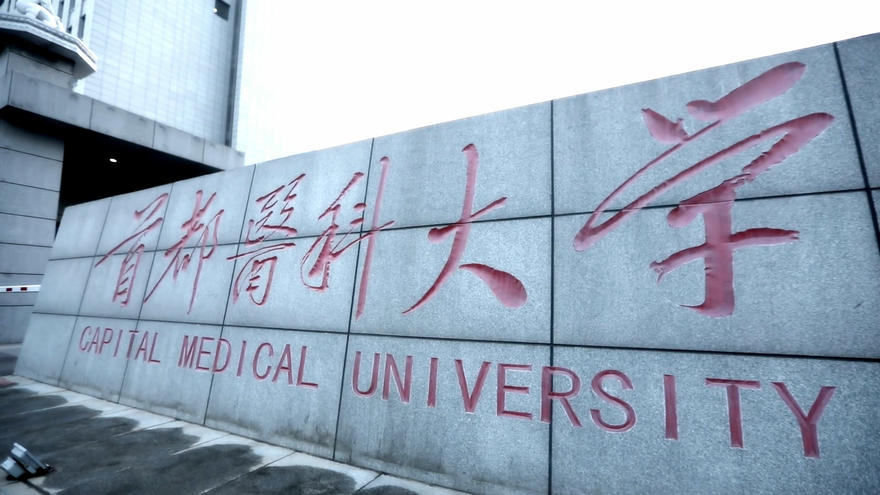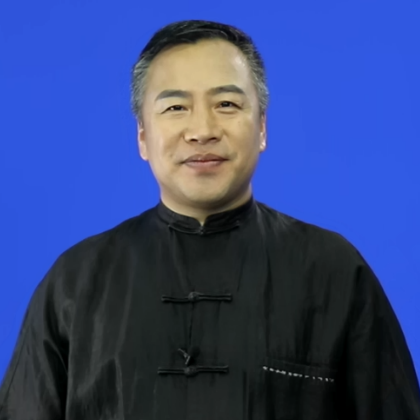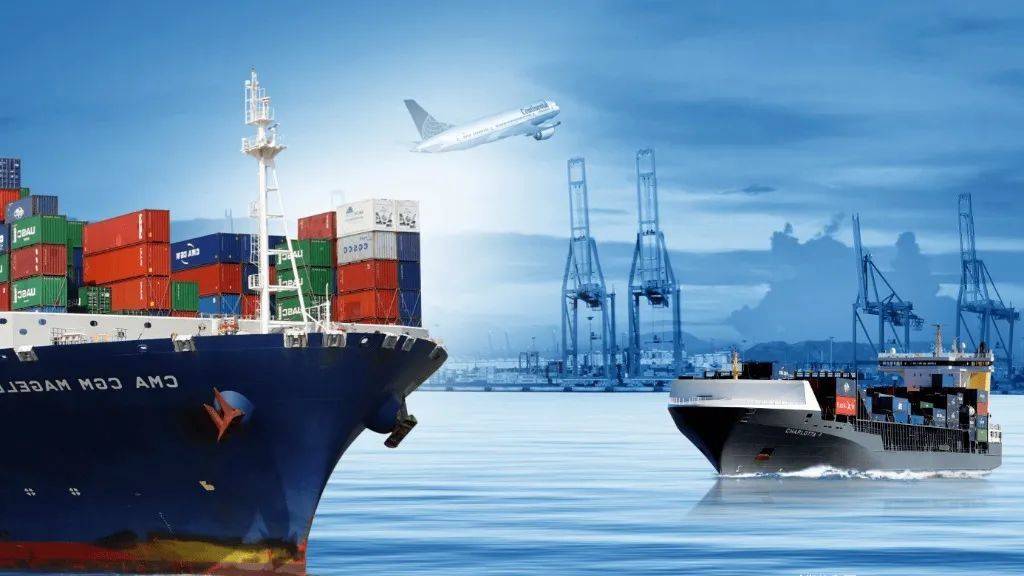
About This Course
Based on Chinese traditional maritime culture and the purpose of “Dao follows the way of spontaneity,” this course focuses on different types of ships and 13 first-level disciplines, including Ship and Philosophy, Ship and Economics, Ship and Law, Ship and Education, Ship and Literature, Ship and History, Ship and Engineering, Ship and Agriculture, Ship and Medicine, Ship and Military, Ship and Management, Ship and Art. Each session presents the spiritual connotation of the harmonious coexistence of human and nature in Chinese culture. The course will help the students understand how “Man follows the earth. Earth follows the universe. The universe follows the Tao. The Tao follows only itself; Dao begets One, One begets Two, Two begets Three, Three begets all things.”
For example, the first session, Ship and Philosophy, focusing on the Canoe of Cross-Lake Bridge, illustrates the original aspiration of building ships enshrined in the famous philosophical work, Book of Changes, where recorded “They hollowed out trees to form canoes; they cut others long and thin to make oars. Thus they arose the benefit of canoes and oars for the help of those who had no means of interconnection with others. They could now reach the most distant parts, and all under heaven benefited.” This canoe is named after the Cross-Lake Bridge relics excavated in Hangzhou, China in 2002. The Carbon-14 dating data reveal that it is about 8,000 years old, and it is the oldest canoe that has been excavated in China and even in Asia. Thus, it is known as “The First Canoe in China” and “The First Canoe in Asia.”
The last session, Ship and Art, focuses on two objects: 9 pieces of Scrolls of Ships in the Tang Dynasty by Spenso, locating in the New York Public Library and 12 pieces of Tang Ship Chart stored at Matsuura Historical Museum, Nagasaki. They illustrate the philosophy of art design explained in Chinese classics including Chuang Tzu, which is though crafted by humans yet still natural and pure: “craftsmen outperform rulers and compasses, whose skills function and change naturally with the objects, needless to focus. Hence their minds are undivided and free from restrictions.”
Requirements
None
Course Staff

Jianping Sun is the course director as well as the lecturer of the course of Ships. As the lecture of maritime economics and management of Dalian Maritime University, his teaching achievements include: 1. The high-quality video demonstration class of Liaoning province in 2013: Sinology and Management-The Traditional Culture Path of Maritime Power 2. First prize of 2017 Liaoning province 21st Education and Teaching Information Contest 3. Second prize of 2017 Liaoning province “Promote Socialist Core Values, Build Our Chinese Dream” Excellent Online Audio-Visual Programs Contest 4. First Prize of 2017 DMU 3rd Multi-Media Courseware Contest His academic achievements include: 1. Basic Archives of Chinese Navigation History (Overseas Volume) (picture volume), Ministry of Transport, 14.4 2. Researches on Artic Routes, National Nature Science, involved 3. Analysis of the Geopolitical Game Mechanism of Arctic Routes, World Regional Studies, 2011.3.15, the second author 4. Analysis of Sino-Australian Trade Cooperation Based on Dependence and Complementarity, Inquiry into Economic Issues, 2011.9.1, the second author 5、Research on the Methods of Implementing On-Site Management in Tobacco Enterprises, Economic Perspective (Mid Term), 2011.1.15, the first author
Frequently Asked Questions
What web browser should I use?
The Open edX platform works best with current versions of Chrome, Edge, Firefox, Internet Explorer, or Safari.
See our list of supported browsers for the most up-to-date information.
Question #2
Your answer would be displayed here.




